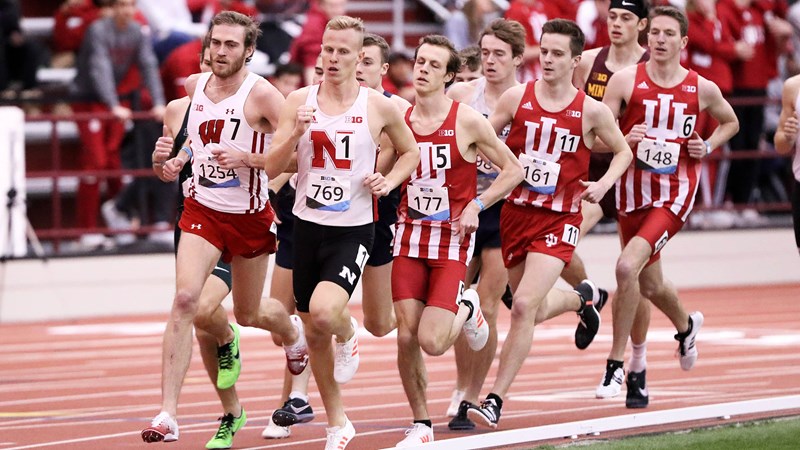
The coronavirus pandemic cost Nebraska sophomore distance runner George Kusche his opportunity to compete for a national title, or two, and it inflicted confusion, disappointment and frustration in the process.
What’s transpired in the week since the sudden cancellation of the NCAA Indoor Track and Field Championships has also allowed Kusche to soak in a life lesson and open his eyes to what truly matters during this global crisis.
“I put the situation in perspective; human lives are at stake,” Kusche said, “and my sacrifice, as well as all the other athletes, is miniscule compared to the sacrifices that many others will make in the upcoming weeks, months and years.
“If sport really is your biggest concern during these uncertain times, you can consider yourself really privileged.”
Kusche explained the wide range of emotions he’s felt, from the day he and three Husker teammates flew to Albuquerque, New Mexico – “We joked about the possibility that the coronavirus could cancel our outdoor season,” he said – to the fear and uncertainty he’s now facing while home in Malelane, South Africa.
“While the U.S. was reacting to the virus and canceling large gatherings,” Kusche said in an email exchange this week, “South Africa continued with its activities in a nonchalant fashion, and the residents were told to just wash their hands. This cost us, since now we are also in a national disaster.”
Kusche said South Africa had “only” 116 confirmed cases of COVID-19 as of March 18, while the number continues to increase. In the meantime, all gatherings of more than 100 people there have been canceled.
When the NCAA took similar extreme measures a week ago, Kusche initially felt cheated. How could they take away such a pivotal moment in any young track athlete’s life? Aren’t they being overzealous?
Kusche, like his peers, had worked years just to qualify for this meet. He entered as the No. 11 seed in the mile and the No. 15 seed in the 3,000 meters after setting Nebraska school records in both events earlier this season (times of 3:57.93 and 7:50.93, respectively).
“I felt like I was in the best shape of my life going into the meet,” Kusche said, “but it is irrelevant to ponder on how I would have done.”
Initially, the NCAA had decided that only friends and family would be allowed to attend. A few hours later, all fans were banned.
“After I had finished my workout, the day before the meet was supposed to start, I went back to the hotel to shower,” Kusche said. “Upon arrival, I got a text from my coach saying there were rumors of a cancellation; I remember thinking that that would never happen (it sounded like paranoia).”
Kusche’s phone kept burning with text messages and Twitter updates, including one that stated the Big Ten Conference had pulled its athletes from the event.
“And then the whole meet got canceled,” Kusche said. “And then classes went online. And then some outdoor meets got canceled. And then the whole outdoor season got canceled.”
Kusche, seeing how quickly the situation was escalating, called his family and said he’d be heading home immediately, before travel bans.
Kusche understood the decision to cancel the meet “was based on reasons far more important than any personal feelings.” In the meantime, he tried keeping his thoughts and opinions as neutral as possible until he could better inform himself on the matter.
“I wanted to see the facts for myself, because emotional arguments only create unnecessary panic and confusion,” Kusche said.
“Until classes and sport were canceled, I considered it a trivial matter; however, at this moment, there is no doubt that it is a global disaster. It is important to realize that athletes aren’t the group that gets most affected by the situation; there are people that lose family members, financial stability and personal liberty. In comparison to those people, I consider myself lucky to be in a stable situation.”
Kusche said it’s also important to realize the situation is worsened by two effects – the effect of the virus itself, and the effect of the fear behind the virus.
“The virus is obviously dangerous and horrible,” he said. “However, people should minimize the effect of the virus by minimizing fear, replacing it instead with being educated on the matter and staying vigilant.”
Once he knew classes would be on-line only, beginning March 30, and that the outdoor season had been canceled, Kusche knew he wanted to return home, and would need to act fast, before travel bans kept him away from his family.
“When chaos and uncertainty strikes,” he said, “I want to be in the presence of unity and love; not loneliness and helplessness.”
All South African meets have been postponed, so Kusche is taking a small break from training and will revert to base training until he’s certain about races again. The Olympics have not yet been canceled, so he will continue to train in hopes of competing over the summer.
Kusche said he’s planning to return to Nebraska for the fall semester, when he will focus on cross country. Although he will only be a junior eligibility-wise, Kusche is on track to graduate in May 2021, with his degree is in actuarial science – along with one important life lesson.
“It is so important to realize this situation is so much bigger than any individual or his/her personal aspirations and feelings,” Kusche said. “As I’ve said before, if sport is your biggest worry at the moment, you should be thankful and fulfill your moral obligation to prevent the spread of the virus.”
Reach Brian at brosenthal@huskers.com or follow him on Twitter @GBRosenthal.

Must See
-
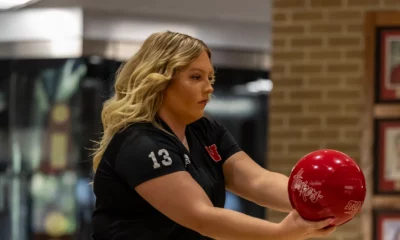

Bowling
/ 6 days agoThree Huskers Earn NTCA All-American Honors
Three members of the University of Nebraska bowling team have been selected to the...
-
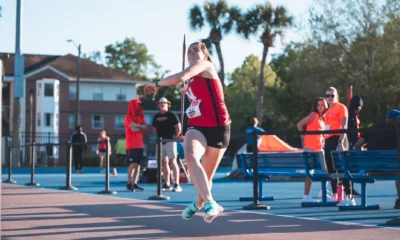

Track and Field
/ 2 weeks agoHuskers Kick Off Outdoor Season with Record-Breaking Performances
Nebraska’s track and field team made a strong start to their outdoor campaign, showcasing...
-
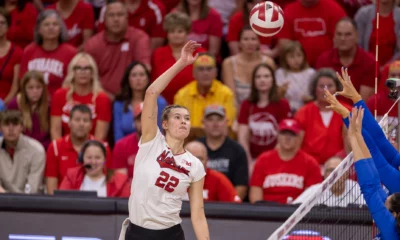

Volleyball
/ 2 weeks agoNebraska Volleyball’s Spring Match Tickets Available for Purchase on Tuesday
Huskers fans get ready! Tickets for the upcoming Nebraska volleyball spring match against Denver...
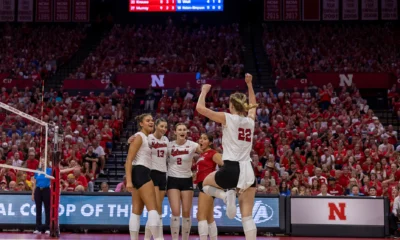

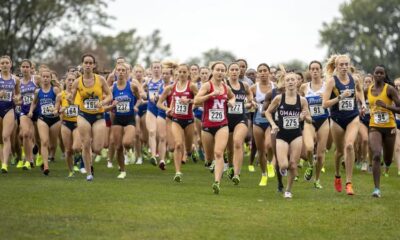

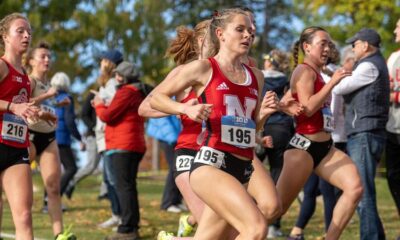

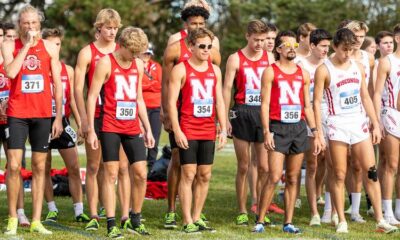

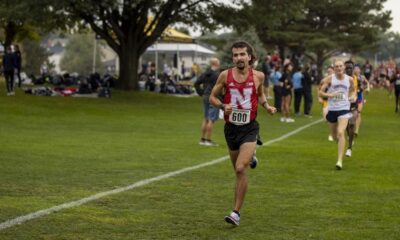

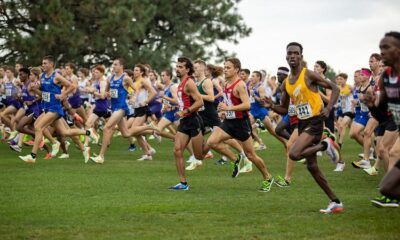

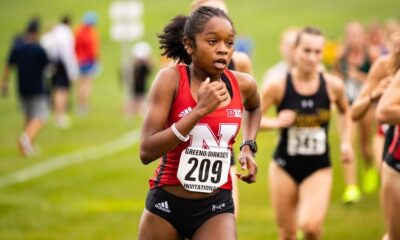

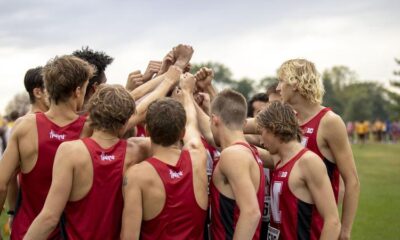

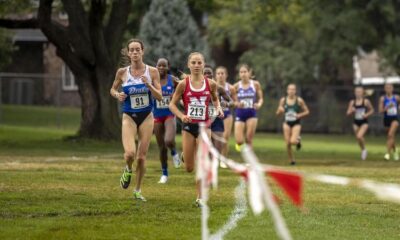




You must be logged in to post a comment Login